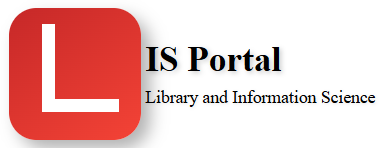Delegation, communication, and participation are important aspects of human resource management (HRM) that can contribute to the effective management of an organization’s human capital. Here’s how each of these elements can impact HRM:
-
Delegation: Delegation is the process of assigning tasks and responsibilities to employees. Effective delegation in HRM involves identifying the strengths and weaknesses of employees and delegating tasks that are aligned with their skill sets. This can help to increase employee engagement and job satisfaction, while also improving productivity and efficiency.
-
Communication: Communication is essential in HRM for conveying information, sharing ideas, and building relationships between employees and management. Effective communication can improve employee engagement, job satisfaction, and overall organizational performance. This can be achieved through clear and open communication channels, feedback mechanisms, and regular employee feedback sessions.
-
Participation: Participation involves involving employees in decision-making processes and giving them a voice in shaping the direction of the organization. This can be achieved through various mechanisms such as suggestion boxes, focus groups, and employee surveys. By giving employees a sense of ownership in the organization, participation can lead to increased employee engagement, motivation, and job satisfaction.
Effective delegation, communication, and participation in HRM can lead to a more engaged and motivated workforce, increased productivity, and improved organizational performance. HR managers should focus on implementing these practices to build a culture of collaboration, transparency, and trust within the organization.
